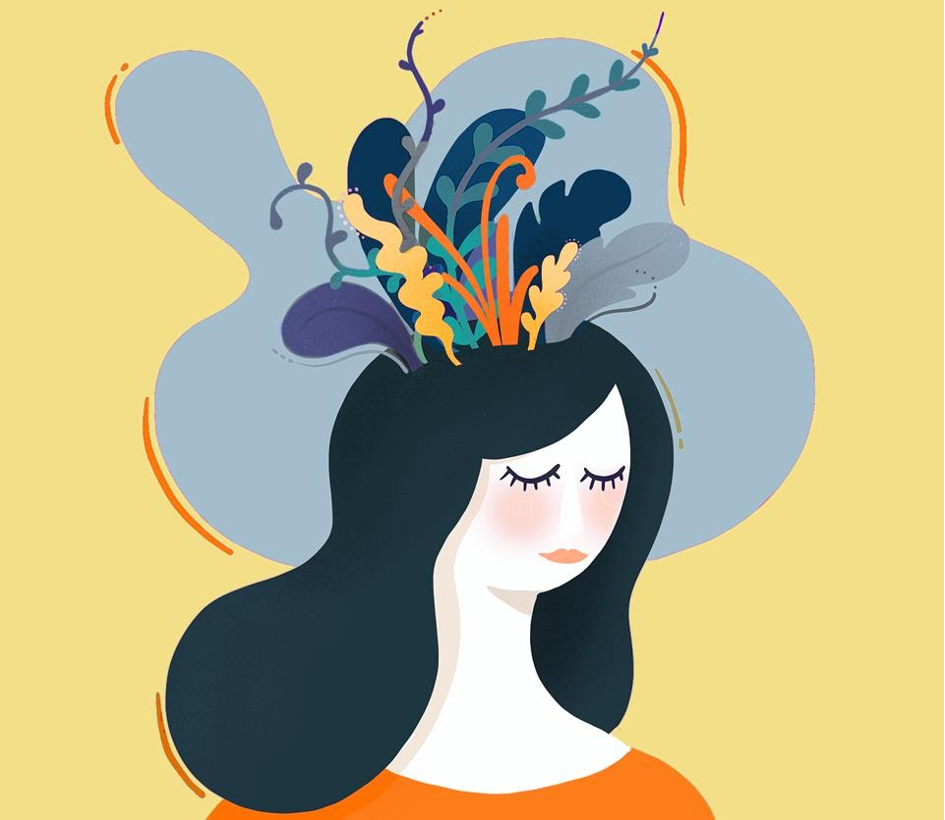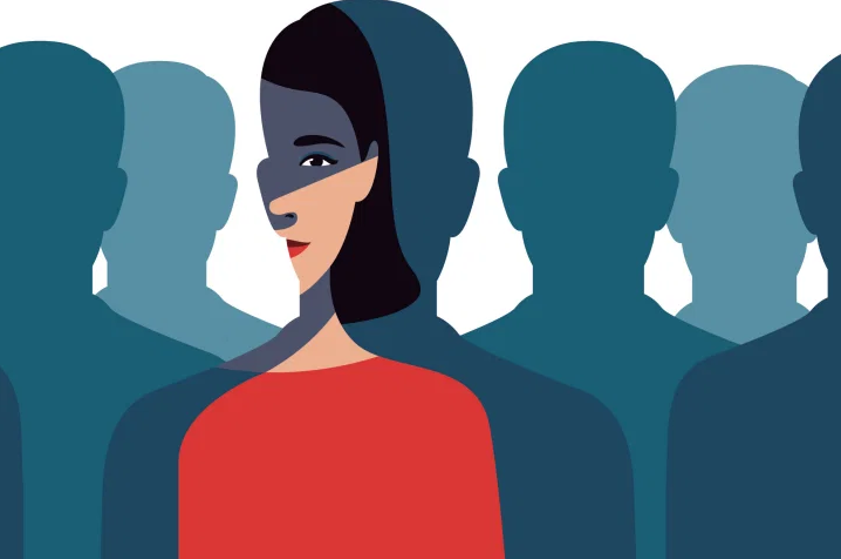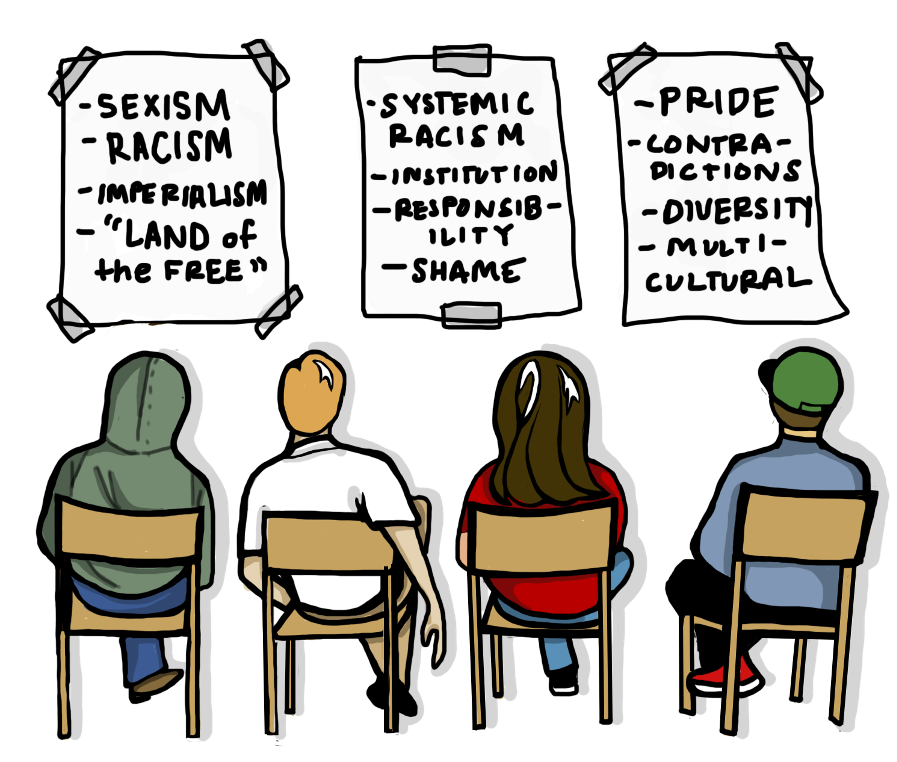A few posts back on the blog, we decided to talk about the flow experience, which is basically the experience of being fully engaged with a task and being in a state of deep concentration. This experience was notably associated with increased well being. The contrary to this appears to be mind-wandering, an activity that I know a lot of my fellow students are very familiar with during those zoom classes.
Mind-Wandering refers to those moments where our minds stray from the here and now to go towards internal thoughts, that are unrelated to the events that are going on around us. We can also refer to this as “stimulus-independent thought” (Killingsworth & Gilbert, 2010), and it occurs when our cognitive and attentional resources for the external world are low. The capacity we have to wander allows us plan, learn and reason, but it may also have a negative effect on our emotional state. Indeed, mind-wandering has been often linked to unhappiness. For example, Killingsworth and Gilbert (2010) conducted a study that used an iPhone application which sent notifications throughout the day to participants who then had to answer three questions. These questions were : “ How are you feeling right now ? What are you doing right now ? and are you thinking about something other than what you’re currently doing ?” (Killingsworth & Gilbert, 2010). The mains results showed that people tended to mind-wander a lot, but most importantly, that they reported being less happy when they were mind-wandering compared to when they were not. This happened even though most people tended to wander to pleasant thoughts (42% of the samples) (Killingsworth & Gilbert, 2010).
If mind-wandering is linked to unhappiness, it would be important to consider what kind of thoughts people have during this state. This is important because the effect of having past-focused thoughts is different from having future-focused thoughts. In fact, healthy individuals show a reduction of positive mood as well as increased cortisol levels and depressive symptoms while having past-focused thoughts. On the contrary, when people wander towards the future, they experience an increase in positive mood and a lower stress response (Hoffmann, Banzhaf, Kanske, Bermpohl & Singer, 2016). A study aimed to investigate where the mind of clinical depressed people wanders, took into account whether the thoughts they had were past, future, self or other related as well as their valence (Hoffmann et al., 2016). This study found that patients with major depression tended to mind-wander more than healthy individuals and that they experienced more self and past related thoughts that had a negative valence (Hoffmann et al., 2016). These findings are relevant because they show the importance of identifying the content of the thoughts while the mind is wandering. More importantly, it also shows the advantages of mindfulness-based therapies in treating depression, since the goal of these therapies is to train the capacity of being in the here and now.
Bibliography :
- Hoffmann, F., Banzhaf, C., Kanske, P., Bermpohl, F., & Singer, T. (2016). Where the depressed mind wanders : Self-generated thought patterns as assessed through experience sampling as a state marker of depression. Journal of Affective Disorders, 198, 127‑134. https://doi.org/10.1016/j.jad.2016.03.005
- Killingsworth, M. A., & Gilbert, D. T. (2010). A Wandering Mind Is an Unhappy Mind. Science, 330(6006), 932. https://doi.org/10.1126/science.1192439
Featured image :
- Shutterstock. (2020, July 14). The Wandering Mind At Work [Illustration]. Forbes. Retrieved from: https://www.forbes.com/sites/rasmushougaard/2020/07/14/the-wandering-mind-at-work-how-to-go-from-distraction-to-deep-work/?sh=e97a503c65fe
Author : Paula Morales





